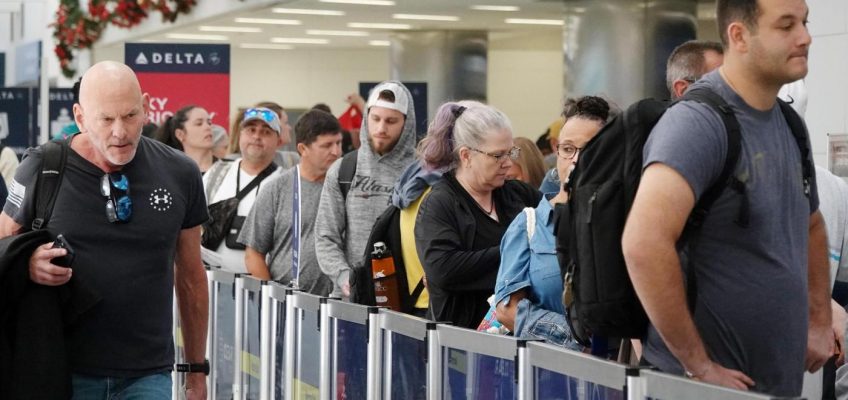By Maria Salette Ontiveros, The Dallas Morning News
If you have travel plans that involve flying, make sure your ID is the real deal. After years of delay, the Real ID Act will be enforced.
Starting May 7, only state-issued driver’s licenses and state-issued ID cards that comply with the REAL ID requirements will be accepted at TSA checkpoints and for official federal government purposes. Here is everything you need to know about the requirements.
What is a REAL ID?
Congress passed the REAL ID Act in 2005 in response to the terrorist attacks on 9/11, according to the Texas Department of Public Safety.
The act establishes minimum security standards for driver’s license and state ID distribution and production. It prohibits federal agencies from accepting licenses and identification cards from states that do not meet those requirements.
The new identification incorporates fraud prevention technology to ensure people are who they claim to be.
Related Articles
Family travel 5: Make trip planning a family affair
New survey finds TSA PreCheck membership reduces stress, not time
Amazing art installations you’ll only find on Route 66
St. Paul included in coast-to-coast semiquincentennial river cruise package
Full-time living on a cruise ship? Florida couple goes all in
The new ID requirements were initially slated to be implemented in 2008. The date was repeatedly pushed back because of the logistics of hundreds of millions of people flying every year, as well as the disruption of the COVID-19 pandemic, according to the Transportation Security Administration.
What happens when the REAL ID Act enforcement starts?
Federal Agencies such as the Department of Homeland Security and TSA may only accept cards that comply with the new enforcement of the REAL ID Act, including TSA at airport security checkpoints.
What happens if I decide NOT to obtain a REAL ID?
Those without the upgraded ID can still use their old ID cards as long as they are not expired. But access to federal facilities might be denied, according to the Texas Department of Public Safety.
Domestic airline passengers must bring a secondary form of identification, such as a passport, to pass through airport security checkpoints.
International travelers will still need a valid passport, according to the Department of Homeland Security.
©2025 The Dallas Morning News. Visit dallasnews.com. Distributed by Tribune Content Agency, LLC.


Leave a Reply